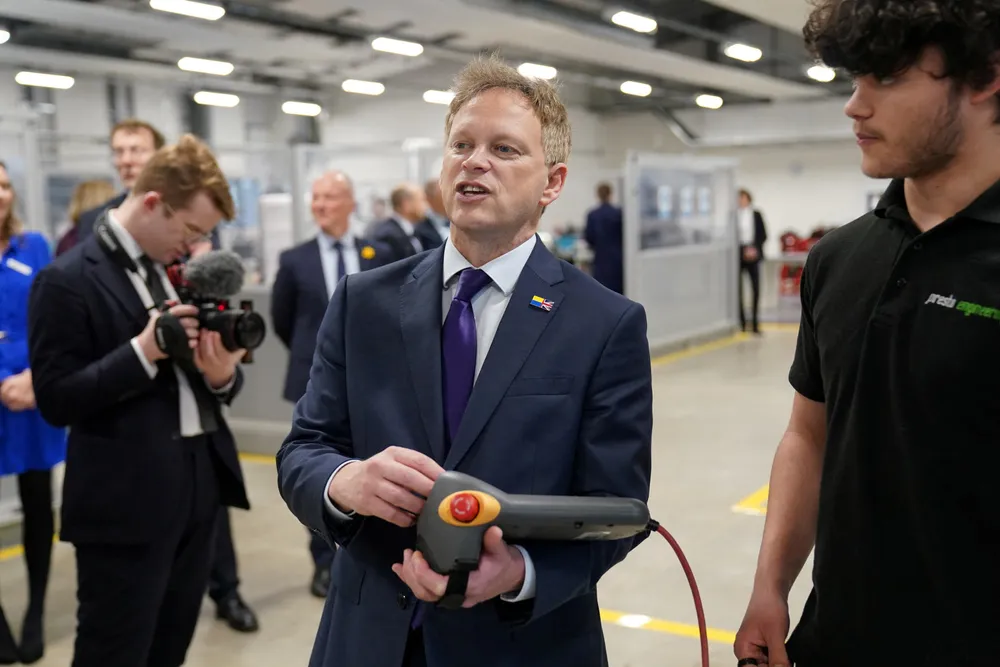UK looks to US for carbon capture alliance
UK Energy Security Secretary Shapps in US visit to strengthen the two countries’ co-operation on carbon sequestration pathway

UK Energy Security Secretary Shapps in US visit to strengthen the two countries’ co-operation on carbon sequestration pathway
